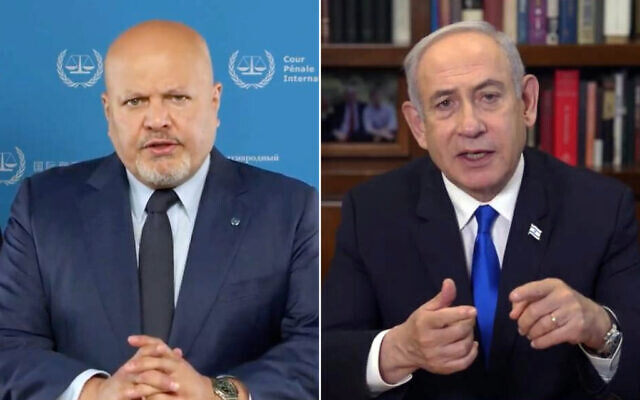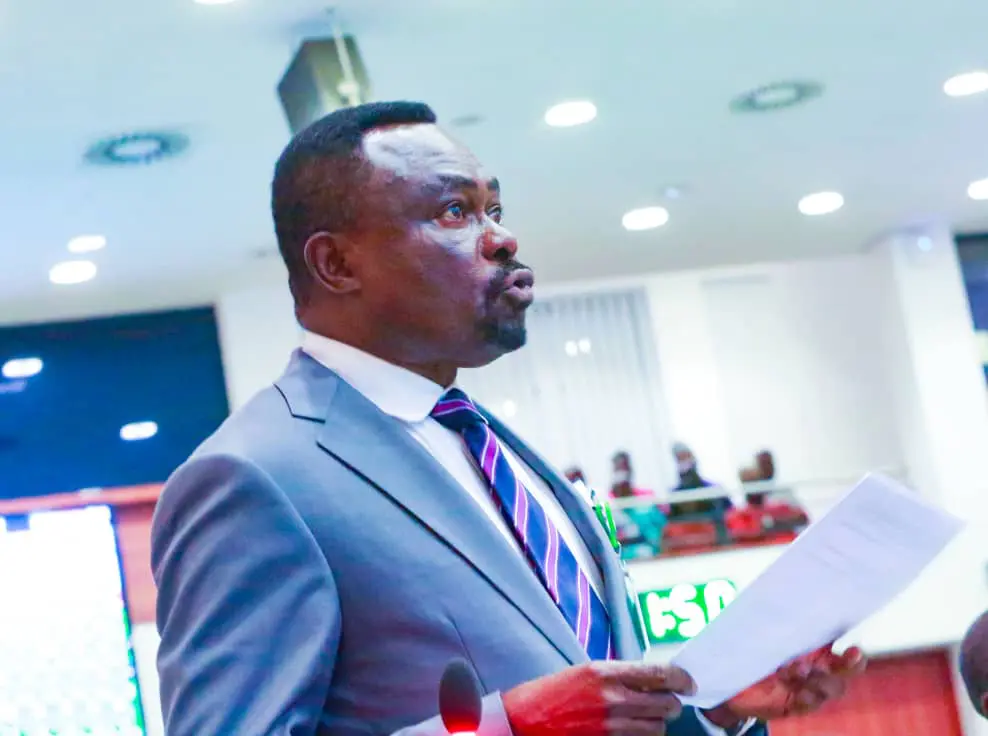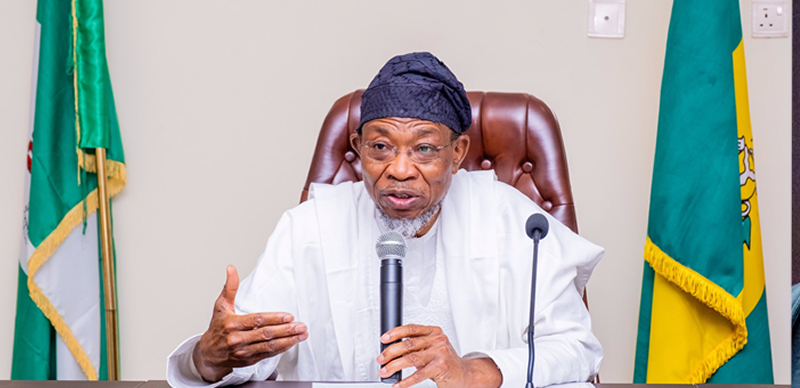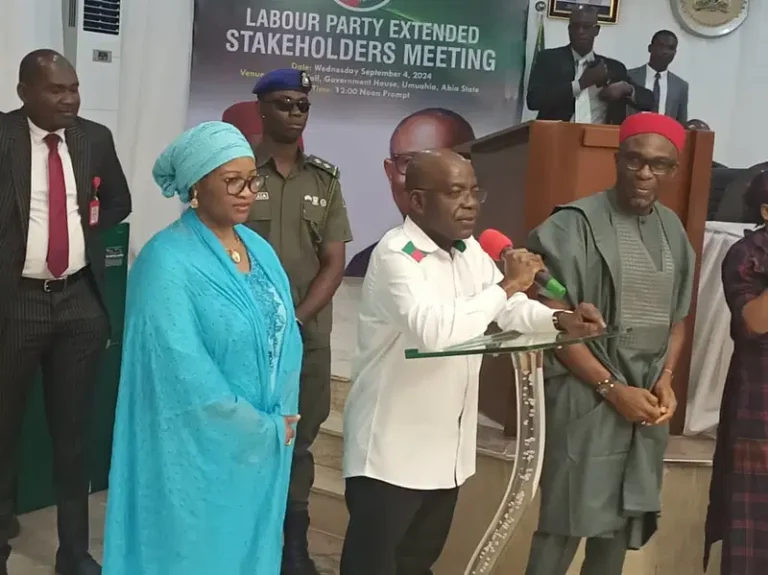Fayose Expulsion Controversy: Ekiti PDP
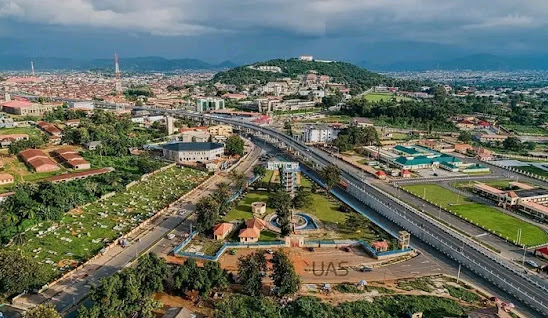
Amid the political turmoil engulfing the Peoples Democratic Party (PDP) in Ekiti State, former Governor Ayodele Fayose has been recommended for expulsion by the party’s caretaker committee chairman, Dare Adeleke.
Adeleke, who defended the recommendation, citing Fayose’s alleged anti-party activities, argued that his support for the All Progressives Congress (APC) governor of Ekiti, Biodun Oyebanji, went against the values of the PDP and created a false image of the party.
At the core of the escalating conflict between Adeleke and Fayose lies a perceived betrayal by the former governor, who has publicly declared his allegiance to the opposition governor. This perceived defection, Adeleke believes, warrants Fayose’s expulsion from the party.
With tensions mounting and accusations of misplaced loyalties flying, the rift between the two men highlights the political complexities and internal power struggles that can plague even the most established political parties.
Adeleke has been vocal in his condemnation of Fayose’s actions, calling into question the former governor’s motives and accusing him of seeking monetary gain in exchange for his support of Oyebanji.
Meanwhile, Fayose remains defiant, arguing that Adeleke’s position as caretaker committee chairman is being challenged in court and thus lacks the authority to recommend his expulsion.
With each side digging in their heels and engaging in a war of words, the conflict within the Ekiti PDP presents a microcosm of the larger political battles raging across the nation, as factions jockey for power and influence.
As the PDP disciplinary committee, led by Chief Tom Ikimi, deliberates on Fayose’s fate within the party, the outcome could have significant implications not just for the former governor, but for the broader political landscape of Ekiti State.
For the PDP, the decision to expel a figure as prominent and influential as Fayose could signal a zero-tolerance approach to perceived disloyalty and a willingness to assert control over the party’s internal dynamics.
In this tense atmosphere, it is important to consider the broader implications of this intra-party conflict, beyond the immediate fate of Fayose and the PDP.
On one hand, a perceived crackdown on dissent within the party could strengthen party discipline and unity, sending a message that disloyalty will not be tolerated.
On the other hand, such a move could alienate potential supporters and exacerbate existing divisions, feeding into narratives of political persecution and the suppression of alternative viewpoints.
In this delicate balance between party discipline and political pluralism, the Ekiti PDP finds itself at a crossroads, facing a choice between enforcing unity at the risk of stifling debate or tolerating internal differences at the risk of appearing weak and disorganized.
Whatever decision is ultimately reached, the repercussions of this conflict will reverberate throughout the state’s political ecosystem, shaping future elections and determining the course of Ekiti’s political destiny.
As the power struggle within the Ekiti PDP unfolds, the broader political landscape of Nigeria watches with bated breath, pondering the potential ripple effects of this conflict.
With the country’s political culture often characterized by rivalries, factionalism, and shifting allegiances, the question arises: could the fallout from this internal squabble serve as a bellwether for larger political trends and potential shifts in the balance of power across the nation?
Or could it simply be a cautionary tale of the perils of political infighting and the fragility of party unity in the face of intense personal and ideological differences?
Referenece and Citations:
- Tribune – I’m with Oyebanji, PDP can take their party away – Fayose
- PremiumTimes – Anti-party: Ekiti PDP asks NWC to expel Fayose from party
- PUNCH – Anti-party: Fayose protests as Ekiti PDP recommends expulsion


